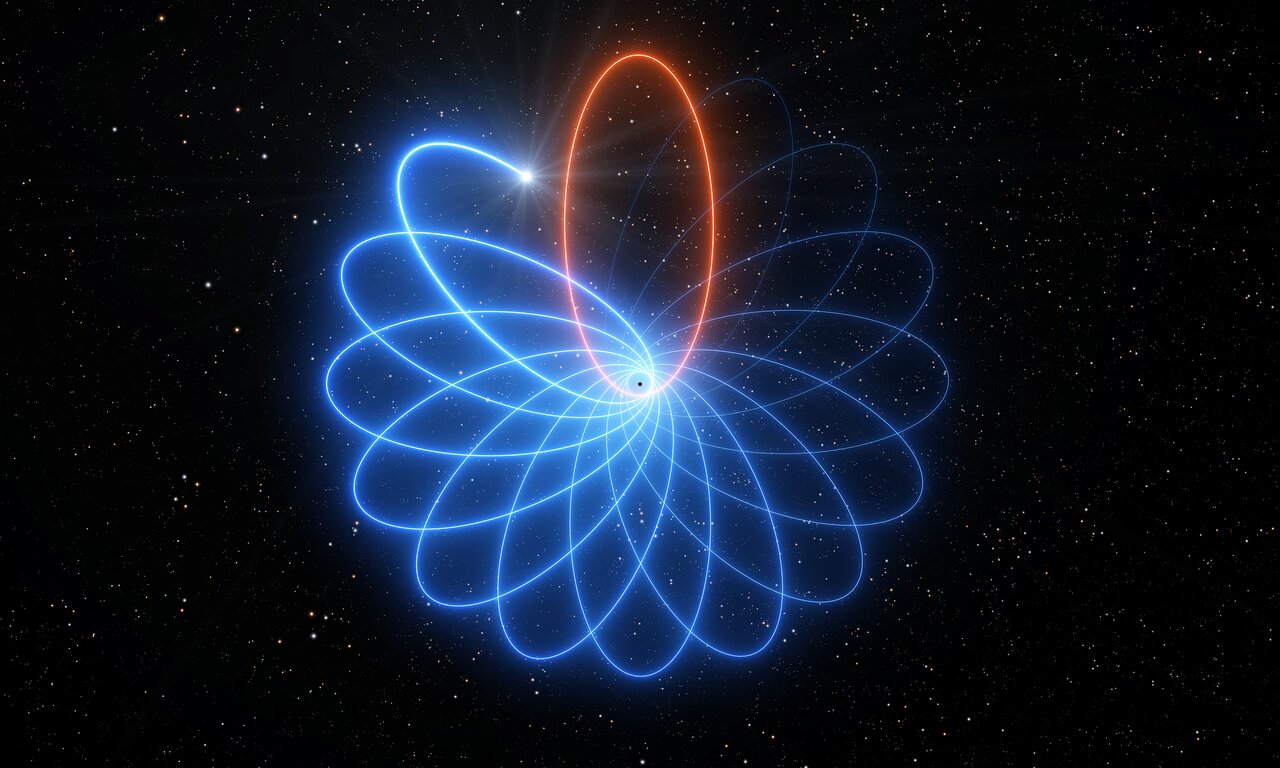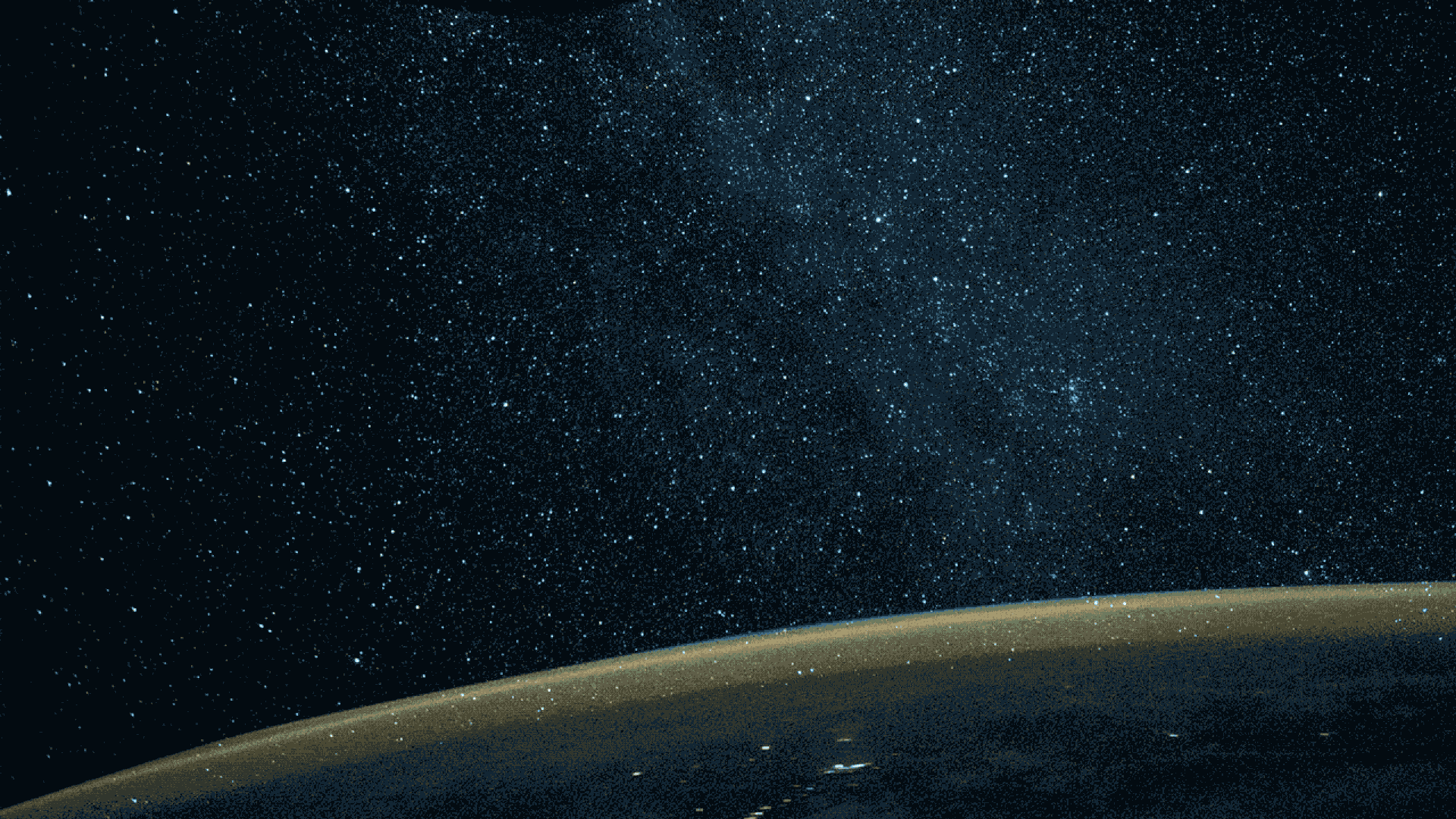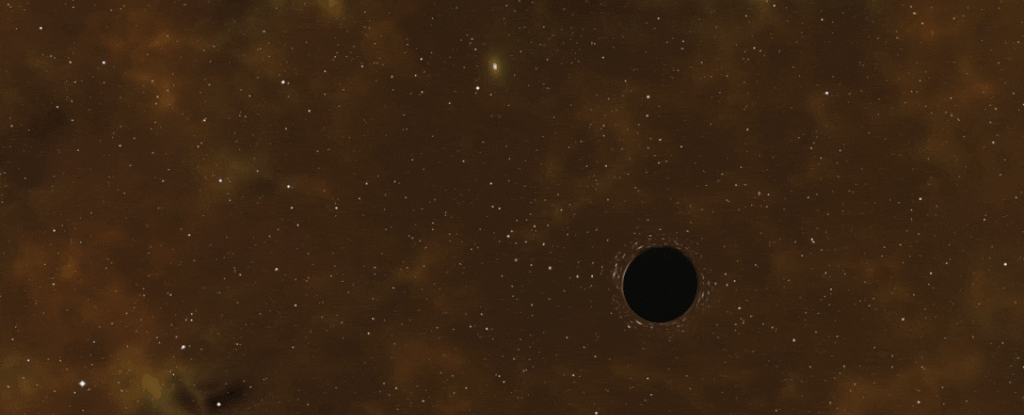A Nest of Alien Asteroids Orbits Our Sun - The New York Times

A pair of astronomers announced last week that they had identified 19 alien asteroids circling our sun.
The rocks were probably stolen from other nearby stars 4.5 billion years ago, during the birth throes of the sun. Today they mingle in the sky with a class of asteroids called Centaurs that inhabit outer realms of the solar system between Jupiter and Neptune.
But unlike the rest of the Centaurs, the aliens' orbits take them far out of the plane in which the planets go around the sun, suggesting that they were once circling other stars.
Were you following this:
A Star is Orbiting the Milky Way's Black Hole and Moving Exactly How Einstein Predicted it

At the center of our galaxy, roughly 26,000 light-years from Earth, is the Supermassive Black Hole (SMBH) known as Sagittarius A* . The powerful gravity of this object and the dense cluster of stars around it provide astronomers with a unique environment for testing physics under the most extreme conditions. In particular, it offers them a chance to test Einstein’s Theory of General Relativity (GR).
For example, in the past thirty years, astronomers have been observing a star in the vicinity of Sagittarius A* (S2) to see if its orbit conforms to what is predicted by General Relativity. Recent observations made with the ESO’s Very Large Telescope (VLT) have completed an observation campaign that confirmed that the star’s orbit is rosette-shaped , once again proving that Einstein theory was right on the money!
'Granny is orbiting the planet': Words in a Kerry field
Last October the words "Granny is orbiting the planet", spelled out in large-scale metal letters and supported on posts, appeared on a hillside in Inch, Co Kerry. Not quite Hollywood, but structurally similar.
The words, plucked from a poem, were part of Cosmic Granny, an art installation by Laura Fitzgerald. The letters stand on a slope of Moan Laur, part of her father Micheál's land. (Her father cut out the metre-high letters, with considerable skill.) The materials used – wood, metal, biodegradable water-based paint – are, Fitzgerald says, those typically used on the farm, including to make fencing.
FCC's updated space junk rules reflect increasing number of satellites in orbit - Axios

The FCC last week updated its rules around the mitigation of space junk for the first time since 2004, imposing more limits on companies that wish to send their wares to orbit.
Why it matters: Experts are increasingly worried about the number of satellites launching to orbit and how they could contribute to the creation of space junk.
Other things to check out:
Why NASA plans to slam the DART spacecraft into an asteroid

DART, NASA's first planetary defense mission, will demonstrate asteroid deflection by crashing the APL-built spacecraft into an asteroid at roughly 14,500 miles per hour.
* * *
An enormous asteroid—big enough to leave a six-mile-wide crater and darken the world with dust if it hit Earth—will harmlessly zip by our planet on April 29. The object, called 1998 OR2, is at least a mile wide , and while it poses no threat, it will pass within four million miles of our planet—close enough to be classified by NASA as "potentially hazardous," because it will continue to make close passes to Earth in the future as both objects orbit the sun.
Iran launches its 1st military satellite into orbit: reports | Space

Iran has apparently lofted its first military satellite into orbit, ending a series of setbacks for the nation's space program.
A two-stage Qassed rocket lifted off from the Markazi Desert in central Iran on Wednesday (April 22) and successfully delivered a military reconnaissance satellite called Nour to orbit, Al-Jazeera reported . The rocket could be seen successfully launching into soace in this video from Iran's Tasnim News Agency and PressTV .
NASA Space Station On-Orbit Status 27 April, 2020 - Space Manufacturing Study - SpaceRef
NASA astronaut and Expedition 63 Commander Chris Cassidy services botany research hardware inside the European Space Agency's Columbus laboratory module. The Veggie PONDS research facility in Columbus supports the growing and harvesting of lettuce and mizuna greens to demonstrate reliable vegetable growth during spaceflight. Credit: NASA. (Apr. 22, 2020)
The International Space Station provides an orbiting research platform that benefits not only human health, but also industry and technology.
Astronomers Have Found a Star That Survived Being Swallowed by a Black Hole

When black holes swallow down massive amounts of matter from the space around them, they're not exactly subtle about it. They belch out tremendous flares of X-rays, generated by the material heating to intense temperatures as it's sucked towards the black hole , so bright we can detect them from Earth.
This is normal black hole behaviour. What isn't normal is for those X-ray flares to spew forth with clockwork regularity, a puzzling behaviour reported last year from a supermassive black hole at the centre of a galaxy 250 million light-years away. Every nine hours, boom - X-ray flare.
Comments
Post a Comment